Planning the Future for Out-Of-School Children; A Meeting to Plan for Education Efforts in Somalia
What should the future look like for out-of-school children and youth? Several USAID projects met in Nairobi in October 2023 to review progress on progress and look forward to future education interventions in Somalia.
Over the past 5 years, AGES and BaB have implemented accelerated basic education (ABE) in Somalia, and LASER Pulse researchers have engaged as external evaluators for BaB’s education efforts. Each of the three groups presented findings and gave recommendations for future efforts.
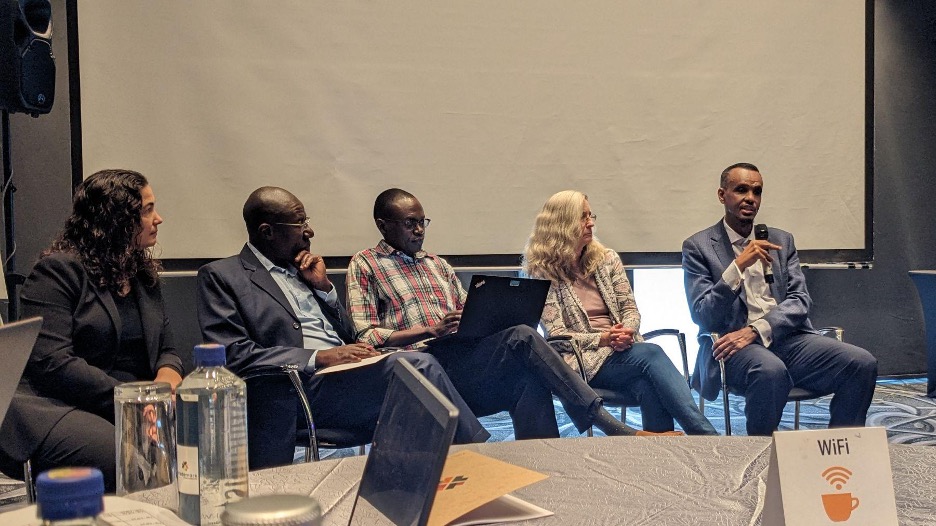
Willie Burgess, who leads the LASER team, presented early learning from their endline evaluation of Somali learners enrolled in the BaB program. Her team found that BaB’s efforts had increased access to education for Somali children, had retained students almost as well as formal primary schools in the same communities, and had achieved positive learning outcomes in literacy, numeracy, and social-emotional learning.
BaB’s Jeffrey Olewe discussed BaB’s student progress in numeracy and social-emotional elements like empathy and conflict resolution. His team recommended that future education efforts design ways to combine Social-Emotional Learning assessment into the assessment of academic topics at the classroom level.
The AGES team talked about how they reached 87,000 unenrolled, or dropout girls aged 10-25. Girls who participated in their youth-led Girls Empowerment Forums had, on average, 15% growth in literacy and 16% growth in numeracy. One girl in AGES’ Lower Juba-area programs said ‘A lot has changed in my life. Before I came here, I didn’t know anything. I couldn’t even write my name. Now, I can share my thoughts with people, and I can be myself.’
The LASER Team is led by Purdue University’s Evaluation and Learning Research Center and includes representatives from the Resilient Africa Network and the Somali Research and Development Institute (SORDI).
SORDI’s on-the-ground abilities proved crucial when they conducted phone interviews with the families of students who left the program. The researchers shared that this led them to uncover one key to education sustainability: linking with other interventions to maximize outcomes. Some families were quite candid that closer partnerships with existing community feeding programs would have helped more BaB students stay in school.
Other keys to sustainability uncovered by the LASER team included developing community-specific sustainability and exit strategies at the inception of projects and engaging government and community in design and implementation.
Education for Somalia’s out-of-school children and youth isn’t finished; USAID representatives said they would use the learning from this event to better plan another round that would begin in 2024.
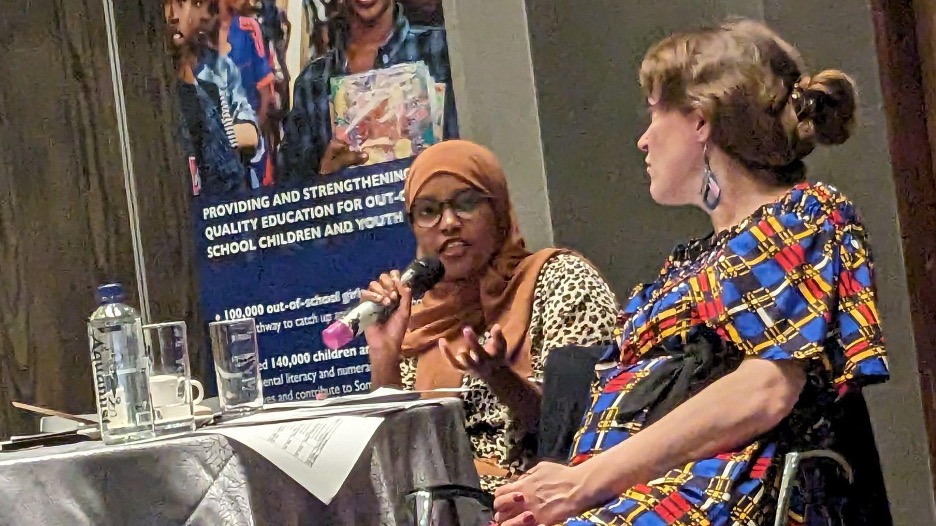
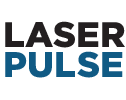
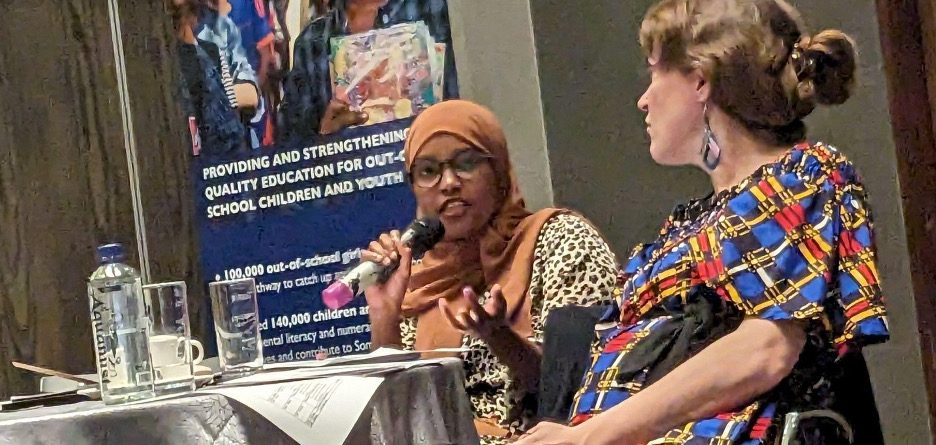
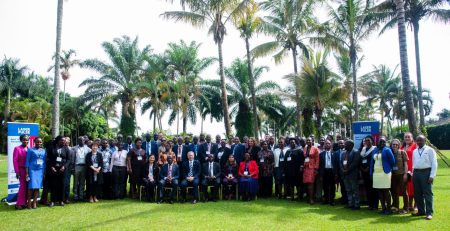
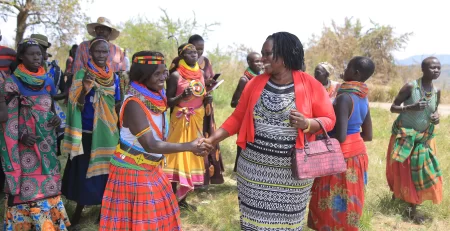
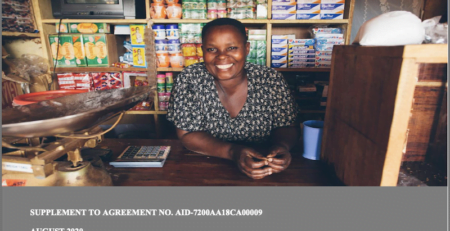
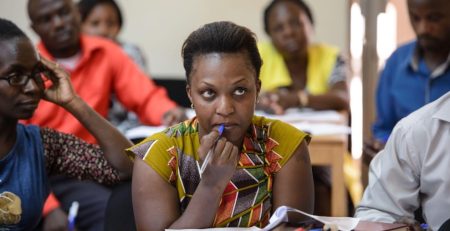
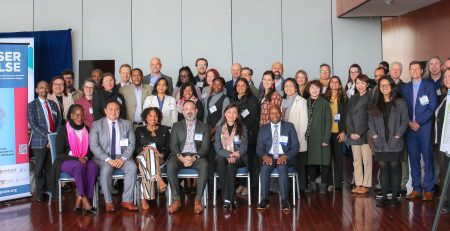
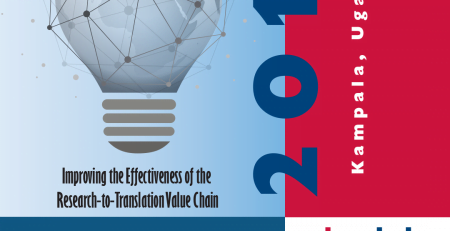
Leave a Reply
You must be logged in to post a comment.